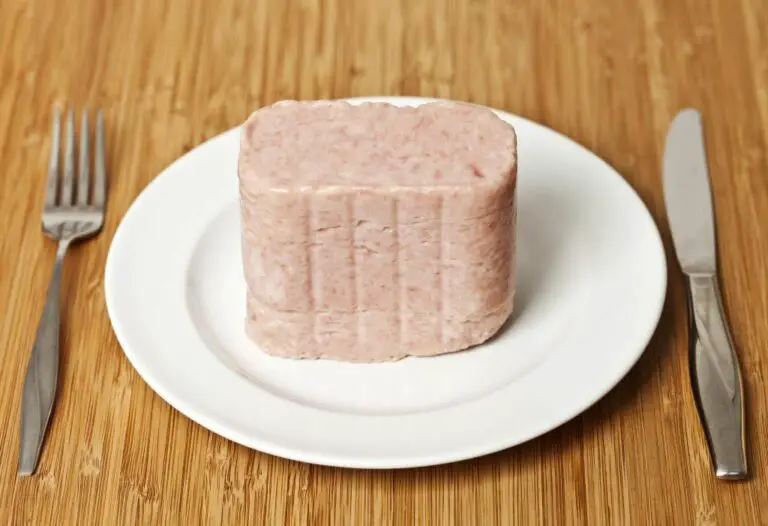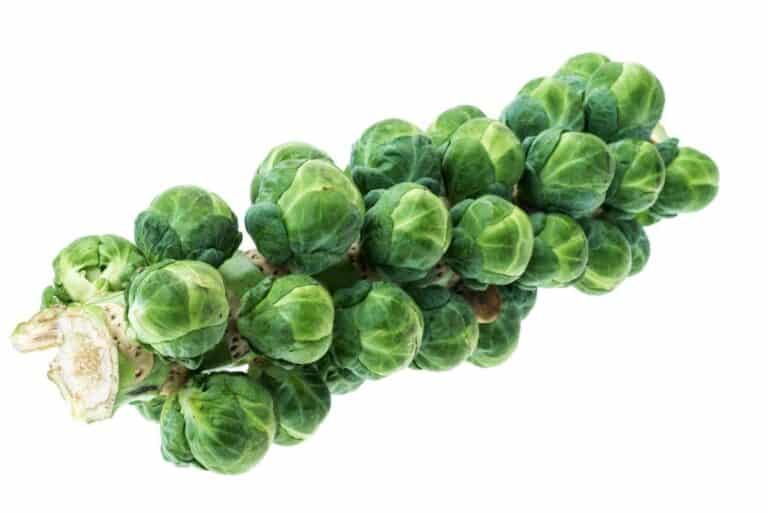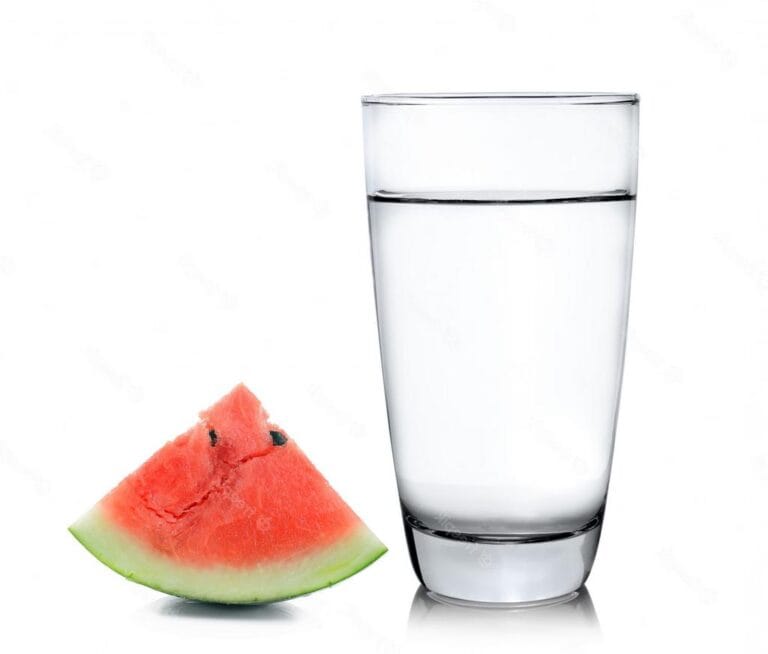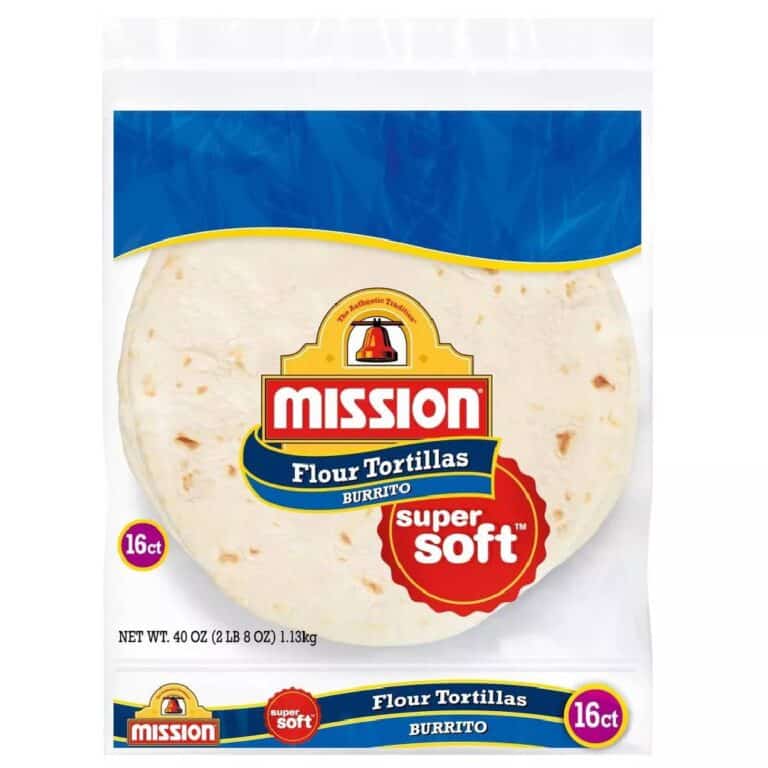Does Tomato Sauce Need To Be Refrigerated After Opening?
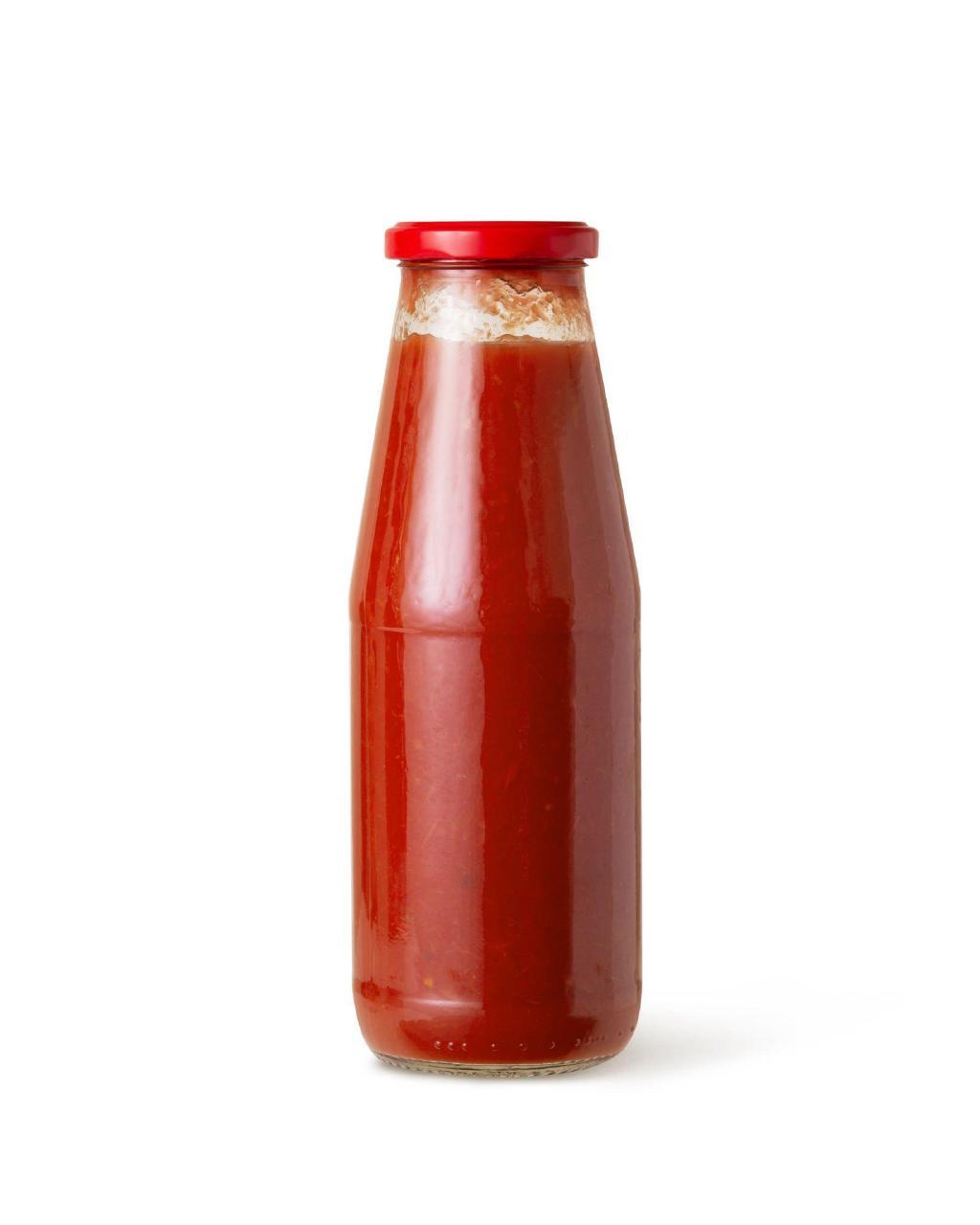
Tomato sauce is a staple ingredient in many households, and for good reason. It adds a burst of flavor to any dish, from pasta to pizza. But have you ever stopped to wonder what happens to that delicious sauce once you’ve opened the jar? Do you need to refrigerate it, or can you leave it out on the counter?
Tomato sauce should be stored in the refrigerator in a covered container after opening. It is shelf stable and does not require refrigeration, but refrigeration will slow chemical and colour changes that may alter the sauce’s sensory properties
In this article, we’ll take a deep dive into the world of tomato sauce, exploring the science behind food preservation and the factors that determine whether or not your sauce needs to be refrigerated.
So, grab a spoon and join us on this culinary adventure as we uncover the truth about tomato sauce and refrigeration.
Tomato Sauce: What Is It Made Of?
Tomato sauce is a common sauce that goes with many foods, from pasta to pizza. It is made from a blend of ingredients, including the main ingredient, tomatoes. Depending on the recipe, you might add more things to the sauce to make it taste and feel better.
Typically, tomato sauce is made by cooking down chopped or pureed tomatoes along with a mixture of spices and seasonings, such as garlic, onion, basil, oregano, and red pepper flakes.
Some recipes may also call for the addition of ingredients such as olive oil, red wine, or sugar to balance the acidity of the tomatoes and create a smooth, well-rounded flavor. The ingredients are put in a pot and cooked until the sauce thickens and the flavors blend.
The exact ingredients and amounts used to make tomato sauce can vary a lot from person to person and from place to place. You may see some recipes call for the use of canned tomatoes, while others may call for fresh, ripe tomatoes that are peeled, seeded, and crushed before being added to the sauce.
Some recipes may also use a mix of different kinds of tomatoes, like Roma and San Marzano, to create a unique taste. Regardless of the recipe, the goal of tomato sauce is to create a flavorful, versatile sauce that can be used in a variety of dishes.
Does Tomato Sauce Need To Be Refrigerated After Opening?
The answer to this question depends on the composition of tomato sauce and how that affects its shelf life. Most tomato sauces are made with a blend of tomatoes, vinegar, salt, sugar, and spices.
Because vinegar and tomatoes are acidic, they help keep the sauce fresh and stop harmful bacteria from growing in it. Furthermore, the high salt and sugar content help slow the growth of bacteria.
But once the tomato sauce has been opened, it’s more likely to go bad because it’s been exposed to air. While it may still be safe to consume for a few days after opening if stored at room temperature, it’s best to refrigerate the sauce to extend its shelf life. By keeping the sauce in the refrigerator, you can slow down the growth of bacteria and prevent spoilage.
If stored properly, an opened bottle of tomato sauce can last for up to 2 weeks in the refrigerator. It’s important to keep the sauce in an airtight container and to regularly check for any signs of spoilage, such as a change in color, texture, or odor.
Does Refrigerating Tomato Sauce Change Its Flavor?
Have you ever wondered if refrigerating your tomato sauce will affect its flavor? Well, the good news is that refrigerating tomato sauce won’t change its flavor.
However, some studies suggest that the flavor of tomatoes can be affected by refrigeration. This is because some of the genes responsible for the flavor of the tomatoes can be “chilled out” in the fridge.
While refrigerating tomato sauce overnight may improve its flavor for some, it’s not a scientific fact. Most of the flavor of tomatoes comes from the type of tomato plant, not how they are stored at home. It’s important to note that the impact of refrigeration on the flavor of tomato sauce can vary depending on the variety of tomato used and other factors such as the ripeness of the fruit at the time of picking and storage.
Now, this doesn’t mean that refrigerated tomato sauce is completely flavorless. It’s still a delicious condiment that can add a lot of flavor to your dishes. But if you’re looking for a sauce with a bold, robust flavor, it’s best to use it fresh and at room temperature.
What to Use If You Do Not Have Tomato Sauce?
Tomato sauce is an essential ingredient in many recipes, but sometimes you might find yourself in a situation where you don’t have it on hand. If that’s the case, don’t worry! There are several alternatives that you can use to replace tomato sauce in your recipes. Let’s take a closer look at a few of these options.
- One option is to make your own tomato sauce. This can be done by cooking down crushed or canned tomatoes with a few basic seasonings, like garlic, salt, and sugar. This homemade sauce is a great alternative, as it allows you to control the flavors and adjust the seasonings to your liking. Plus, making your own sauce is a great way to use up fresh tomatoes if you have a surplus on hand.
- Another option is to use canned crushed tomatoes. This is a quick and convenient alternative to tomato sauce, and it’s readily available at most grocery stores. Canned crushed tomatoes are simply peeled and crushed tomatoes that have been canned for convenience. You can use them as is, or you can season them to your liking.
- Another option is ketchup, which can be used in place of 1 cup of tomato sauce with spices added to tweak the flavor. Simply mix ketchup with spices, such as garlic powder, basil, and oregano, until well combined. The resulting sauce will have a sweeter, tangier flavor than traditional tomato sauce, so it’s best used in dishes where the sweetness will complement the other ingredients.
- Tomato puree, spaghetti sauce, marinara sauce, and fresh tomatoes can also be used as alternatives, depending on the recipe and your personal preference. Whether you’re making pasta, pizza, or soup, there are plenty of options available to substitute for tomato sauce.
As you can see, there are several alternatives to tomato sauce that can be used in a variety of dishes. So, if you find yourself without tomato sauce, you don’t have to worry about your dish being ruined. Simply choose one of these alternatives and get cooking!
How Do You Know if Tomato Sauce Has Gone Bad?
Bad tomato sauce can be a real bummer. You’ve spent the time and effort to make the perfect dish, but if the sauce goes bad, it can ruin everything. The good news is that it’s pretty easy to tell if your tomato sauce has gone bad.
- Off odor: The first and most obvious sign that your tomato sauce has gone bad is an off odor. If your sauce has an overpowering, sour smell, it’s time to throw it out. This is because bacteria and other microorganisms are multiplying, causing the sauce to spoil.
- Change in texture: Another sign of spoilage is a change in texture. If your sauce has become thick, lumpy, or separated, it’s a good indication that it’s no longer fresh. This can happen when the sauce has been sitting in the refrigerator for too long or if it’s been exposed to air, which can cause the ingredients to break down.
- Mold growth: If you see any signs of mold growing on the surface of your sauce, it’s a clear indication that it’s gone bad. Mold can grow on any food that’s been left out for too long or has been stored improperly, and it’s not safe to eat.
- Change in color: If your tomato sauce has turned an off color, such as brown or gray, it’s time to throw it out. This can happen when the sauce has been exposed to air for too long, causing the ingredients to oxidize and change color.
- Off taste: Finally, if your sauce has an off taste, it’s time to discard it. If your sauce has a sour, bitter, or rancid taste, it’s a good indication that it’s no longer fresh and safe to eat.
When in doubt, trust your senses. If your sauce doesn’t look or smell quite right, it’s probably best to err on the side of caution and not risk it. After all, it’s always better to be safe than sorry when it comes to food safety.
Conclusion
In conclusion, tomato sauce does need to be put in the fridge after it has been opened to keep it fresh and keep it from going bad. This will prevent the growth of harmful bacteria and keep the sauce from spoiling. However, it is important to note that refrigeration can alter the flavor of the sauce slightly, but this will depend on the type of tomato used and the recipe.
To ensure the best flavor and texture, it is best to store tomato sauce in an airtight container in the refrigerator and consume it within a reasonable time frame, usually within 2–4 weeks of opening. By following these guidelines, you can enjoy your delicious tomato sauce for longer and have peace of mind knowing that it is safe to consume.

